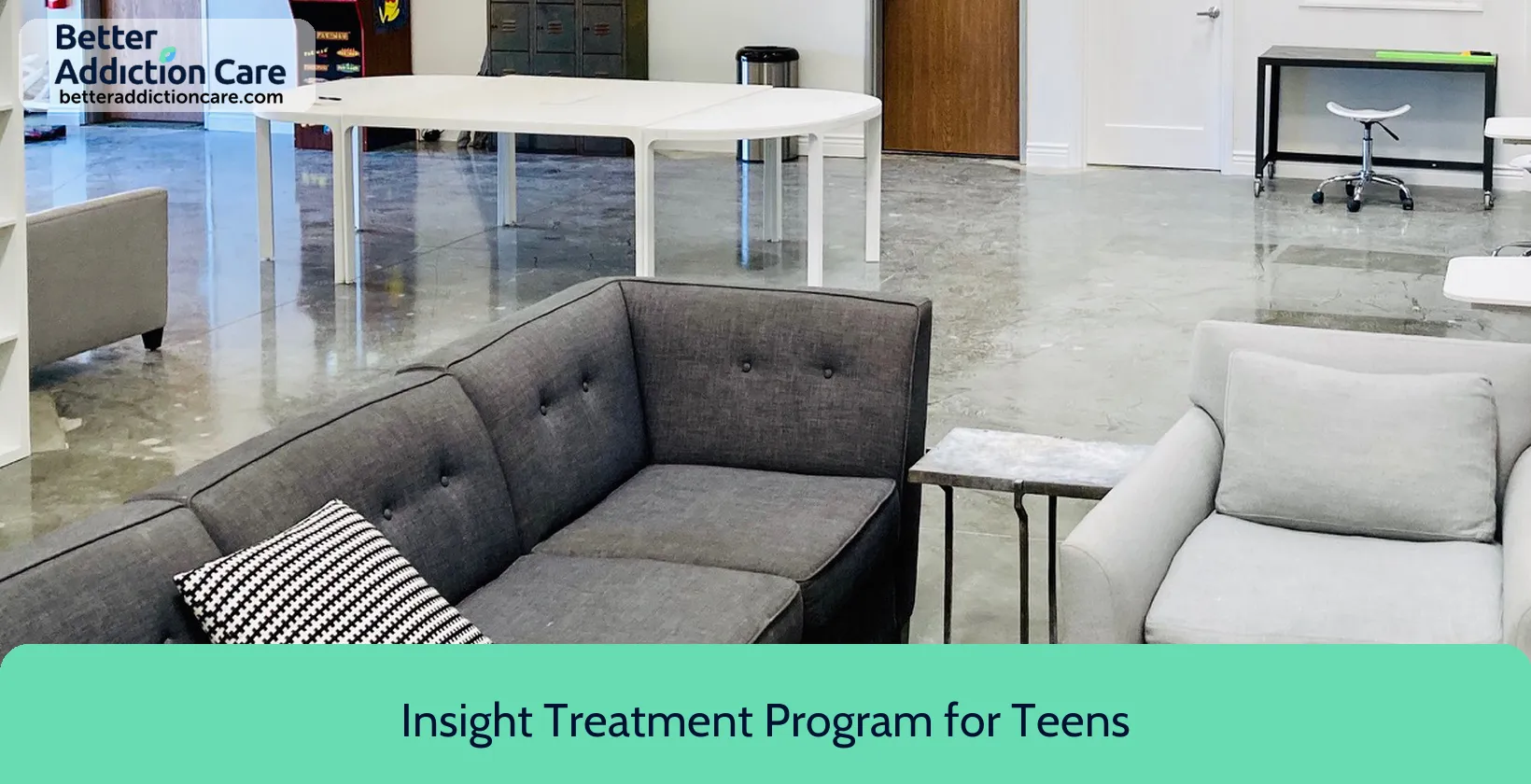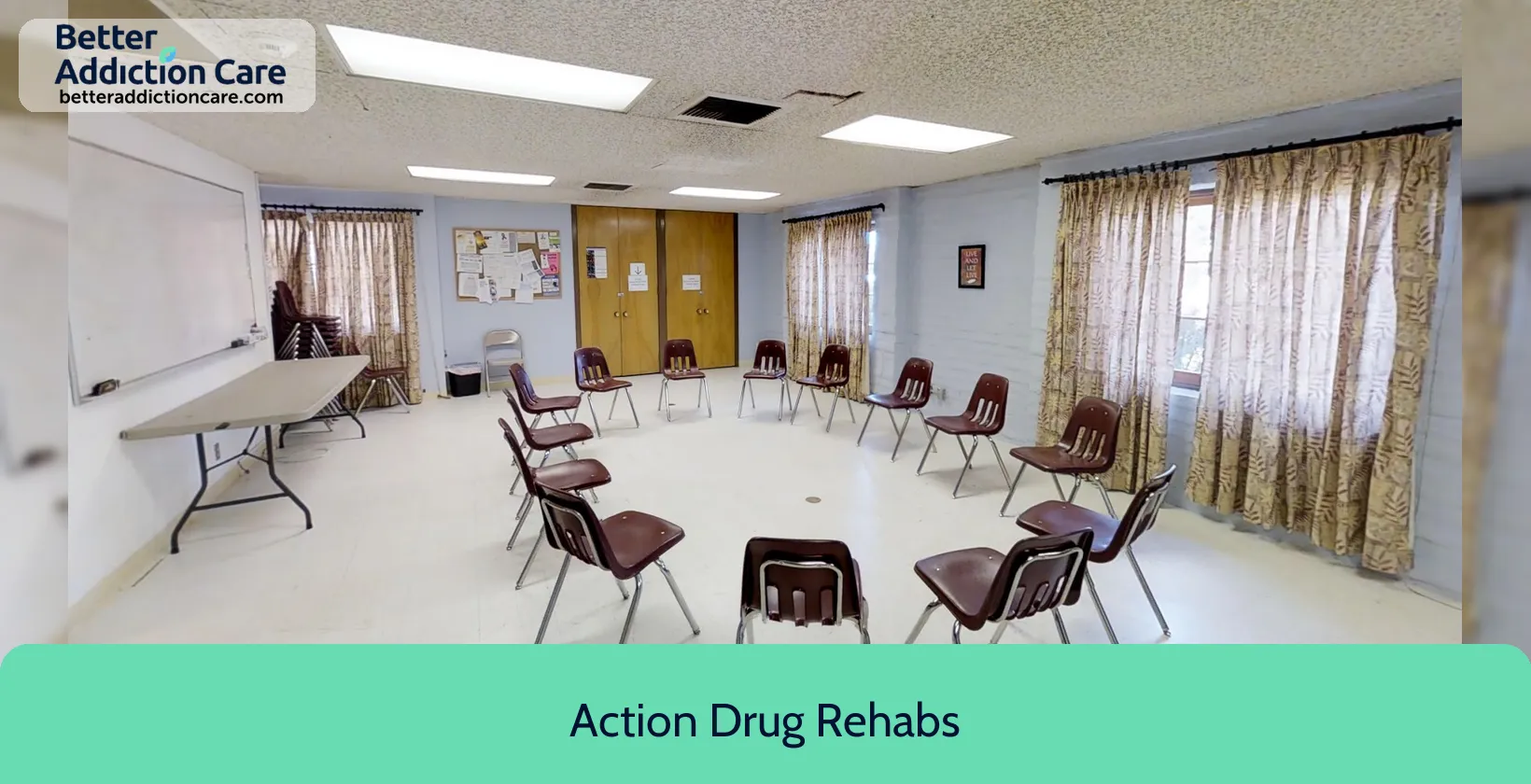National Council on Alcoholism and Drug Dependence

Overview
National Council on Alcoholism and Drug Dependence is a substance abuse treatment center for people seeking treatment near Los Angeles County. As part of their treatment modalities for recovery, National Council on Alcoholism and Drug Dependence provides 12-step facilitation, family counseling, and individual psychotherapy during treatment. National Council on Alcoholism and Drug Dependence is located in Santa Clarita, California, accepting cash or self-payment for treatment.
National Council on Alcoholism and Drug Dependence at a Glance
Payment Options
- Cash or self-payment
- Private health insurance
- State-financed health insurance plan other than Medicaid
- Sliding fee scale (fee is based on income and other factors)
Assessments
- Comprehensive substance use assessment
Age Groups
- Young adults
- Adults
Operation
- Private non-profit organization
Highlights About National Council on Alcoholism and Drug Dependence
6.65/10
With an overall rating of 6.65/10, this facility has following balanced range of services. Alcohol Rehabilitation: 8.00/10, Drug Rehab and Detox: 6.00/10, Insurance and Payments: 6.00/10, Treatment Options: 6.61/10.-
Alcohol Rehabilitation 8.00
-
Treatment Options 6.61
-
Drug Rehab and Detox 6.00
-
Insurance and Payments 6.00
Accreditations
SAMHSA certification for opioid treatment program (OTP):
SAMHSA's Opioid Treatment Programs (OTP) Accreditation is a rigorous recognition process, signaling an OTP's commitment to high-quality care for those with opioid use disorders. It assures patients, families, and the community that the program adheres to evidence-based practices, maintains a safe environment, and employs qualified staff. This accreditation represents a commitment to addressing the opioid epidemic and promoting recovery, symbolizing quality and accountability in opioid addiction treatment.
State department of health:

Government agencies issue State Licenses, granting permission to rehabilitation organizations to conduct their business operations lawfully within specific geographic regions. Generally, the particular rehabilitation programs offered by a facility and its physical location dictate the necessary licenses needed for legal operation.
Treatment At National Council on Alcoholism and Drug Dependence
Treatment Conditions
- Alcoholism
- Opioid Addiction
- Substance use treatment
Care Levels
- Detoxification
- Aftercare
- Outpatient
Treatment Modalities
- 12-step facilitation
- Family counseling
- Individual psychotherapy
- Group counseling
- Life Skills

Additional Locations
Get Help Now
Common Questions About National Council on Alcoholism and Drug Dependence
Contact Information
Other Facilities in Santa Clarita

6.56

6.62

7.20

7.16
DISCLAIMER: The facility name, logo and brand are the property and registered trademarks of Valley Recovery Center, and are being used for identification and informational purposes only. Use of these names, logos and brands shall not imply endorsement. BetterAddictionCare.com is not affiliated with or sponsored by Valley Recovery Center.
